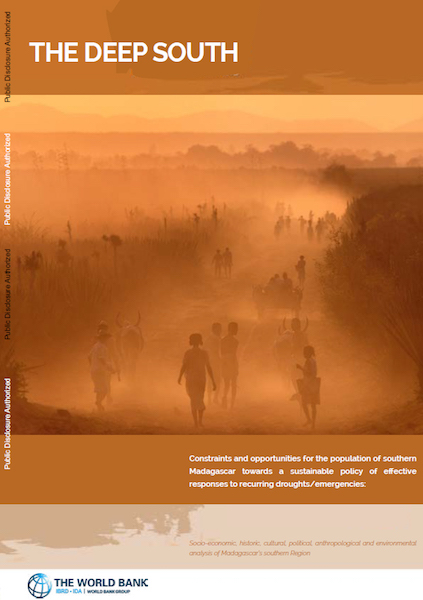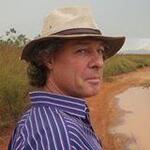Madagascar's Southern Region: A socio-economic, historic, cultural, political, anthropological and environmental analysis
CEESP News - by Tim Healy, AQUATERRE
"The Deep South" study walks us from the past to the present examining the evolution of the semi-arid lands of southern Madagascar. From trading to semi-nomadism to sedentary agriculture, the peoples of the region have adapted since their arrival. Rising populations, an unpredictable climate and limited access to lands, all pose ever greater challenges now and for the future.

Photo: © Frans Lanting / lanting.com
"The Deep South" is a holistic study which proceeds through a historical perspective of the constraints and opportunities for the populations of southern Madagascar in nine districts within Atsimo Andrefana, Androy and Anosy regions. The objective of this work is to assist the development of the south towards a sustainable policy of effective responses to recurring droughts and emergencies. The key aspects of the study include socio-economic, historic, cultural, political, anthropological and environmental analysis.
The south is classified as semi-arid and influenced by climate change, while recent El Niño events potentially provide a lens for the future. Currently average rain is relatively low at 350mm due to the rain-shadow effect in the south-east of the country attached to the Anosyenne Mountains. In addition, an upwelling located offshore and to the south of Madagascar also induces cold currents limiting the development of clouds along the southern coast. Due to the dry nature of the area, food crops include mainly manioc, maize and beans, although there is limited and localised irrigated rice production in the northern and eastern sectors of the south. While maize remains popular with local people it is not the most suitable crop for this agro-climatic zone. Crops are mainly used for subsistence, while small-scale livestock are important for cash including seafood products sold mainly to collectors for export, and hotels or restaurants. Finally, cattle are numerous and hold a major cultural role for the peoples of the south.
Download the full publication here.
 Photo: Tim Healy
Photo: Tim Healy
